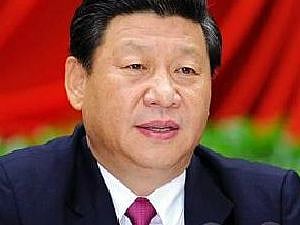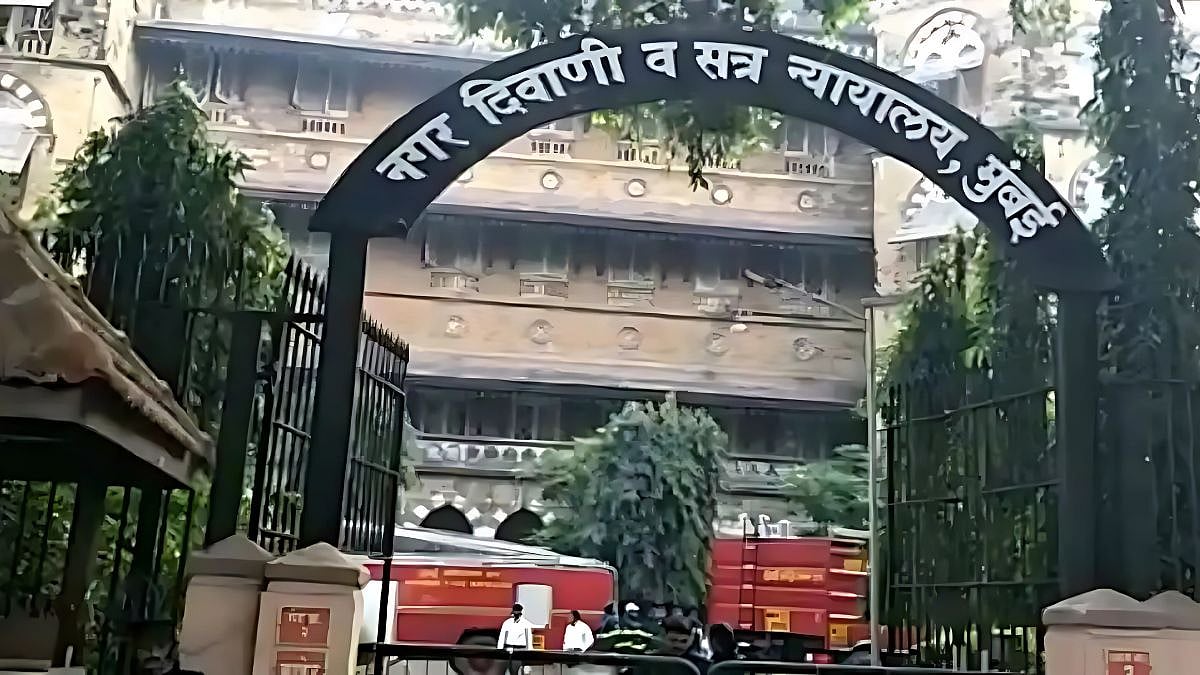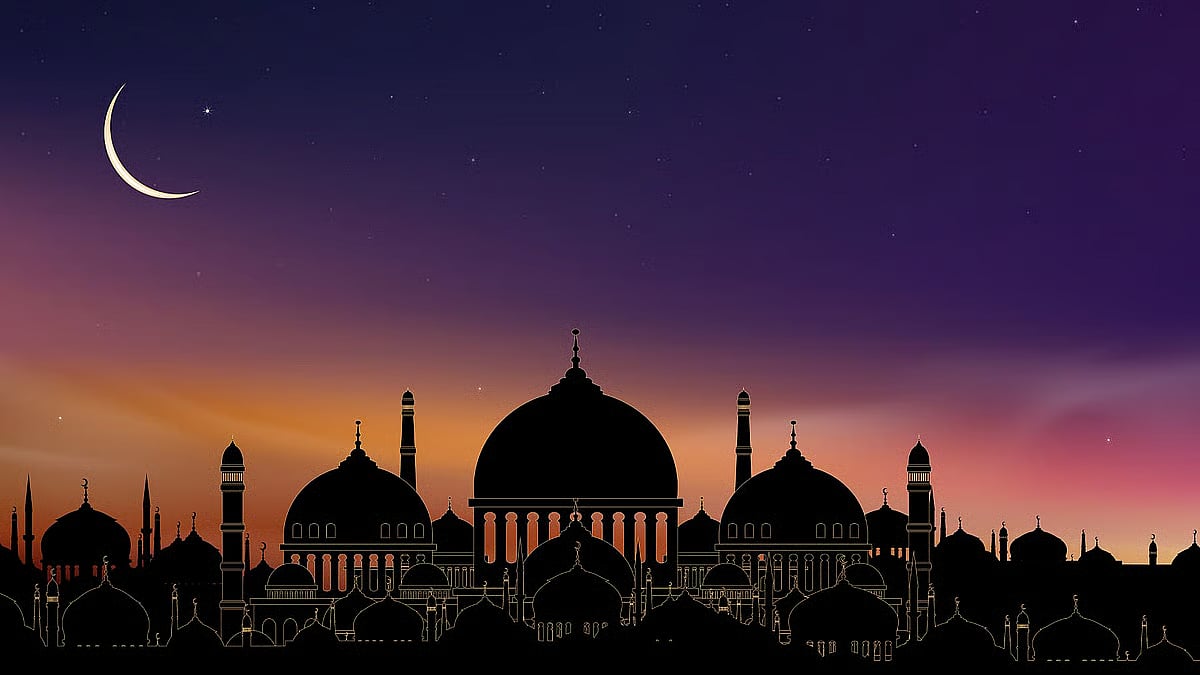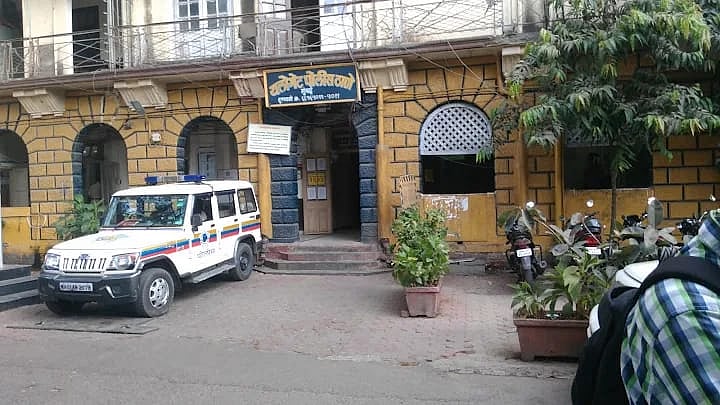The 1962 border war with China, when the People’s Liberation Army literally rolled into Arunachal, and as abruptly marched out, had left a deep suspicion of China on Indian minds. Old timers still shudder at the humiliating defeat.
Late Prime Minister Jawaharlal Nehru having invested so much on building relations with China, died of a broken heart after that shattering experience.
Though today India’s defence forces are much better equipped and the PLA will not have a walk-over, the baggage of history still lingers. Suspicion of China remains.
This has been aggravated by China’s close ties with Pakistan, India’s arch enemy. Now on Kashmir, China is the only major power that has openly backed Pakistan.
Though India and China have turned that page, beginning with former prime minister Rajiv Gandhi’s icebreaker visit to Beijing in December 1988 was the first visit of a PM in 34 years.
That visit was a watershed in frosty ties. What is remembered was Mao Zedong's famous smile and handshake with Gandhi. Earlier in 1970 Mao had asked his officials to work at improvement of relations with India.
Former President and once India’s ambassador to China, K R Narayanan had worked hard to normalise relations with China in 1976-78, when he was posted there. During the Janata government, Foreign Minister Atal Bihari Vajpayee visited China in February 1979.
That effort was marred by China’s invasion of Vietnam and Vajpayee had to cut short his visit. Later as PM of the NDA alliance, Vajpayee carried forward this relationship with a visit in 2003, and since then ties have progressed well.
Manmohan Singh and Narendra Modi have carried forward relations, though from time to time there were disruptions thanks largely to Chinese intrusions across the Line of Actual Control.
The most recent was the 73-day stand-off in Doklam, which was finally resolved ahead of the Wuhan informal meet in 2018. The two leaders decided to reset ties.
Though the Hindi-Chini bhai-bhai days were buried with the 1962 border conflict, both sides have come up with new phrases to describe the upturn in relations.
Manmohan Singh always described India and China as “natural allies’’ and that in the “Asian century’’ both countries would play a decisive role to make this century truly Asian. The truth is that Asian giants India and China are rivals for power and influence in the region.
Though China is way ahead, with its increasing economic and military clout and its successful chequebook diplomacy, India sees itself as a future major player on the international stage.
The two countries stand together and try to push back on matters of trade protectionism and environment and bat for the developing world in world forums.
Despite a major boundary dispute, where talks have so far led to little progress, China and India continue to do brisk business with each other. Trade figures are again touching USD 97 billion and more. Both countries have shown great maturity in handling ties, so despite misgivings at one level the relations are unlikely to break down.
Yet this time around, Modi and Xi are meeting after India did away with Kashmir’s special status, divided the state into two union territories and put the valley on lockdown mode, which is now gradually being lifted.
Pakistan naturally objected the loudest, as by abolished article 370, Kashmir has become like any other state in the country, completing cutting out Pakistan from the equation. China has been the one major power to publicly stand with Pakistan.
India at the moment is extremely sensitive about Kashmir and bent on ensuring that Pakistan Prime Minister Imran Khan’s diplomatic blitz does not get much resonance.
China however is firm on ensuring that Pakistan’s complaint echoes around the world. It was only because of China, a permanent member of the UN Security Council, that a closed-door meeting on Kashmir was held in September at the UNSC.
In the joint statement released after Pakistan Prime Minister Imran Khan’s visit to Beijing, China said it was paying close attention to the situation in Kashmir and the issue should be peacefully resolved based on the UN Charter, relevant UN resolutions and bilateral agreements.
This led to India’s response that Kashmir was an integral part of India and it is not for other countries to comment on India’s domestic issues. Coming as it does just ahead of the Mahabalipuram informal summit between Prime Minister Narendra Modi and President Xi Jinping on Friday, the atmospherics for the meeting are hardly conducive. In keeping with Delhi’s views that Kashmir is a domestic issue, Modi will not bring up the matter. However if raised by Xi, India has talking points.
Thus the long shadow of Pakistan continues to disrupt India-China ties. Despite going ahead with the second informal summit, Pakistan will be the elephant in the room.
China and Pakistan have been close strategic allies since independence and now with the over $ 60 billion China Pakistan Economic Corridor, the centre piece of Xi’s ambitious Belt and Road Initiative, the relationship has blossomed further.
Unlike in Wuhan where the Modi-Xi meeting led to de-escalation in Doklam, this time nothing dramatic can be expected. At best both Modi and Xi will hope to manage existing ties.
Seema Guha is a senior journalist with expertise in foreign policy and international affairs.




